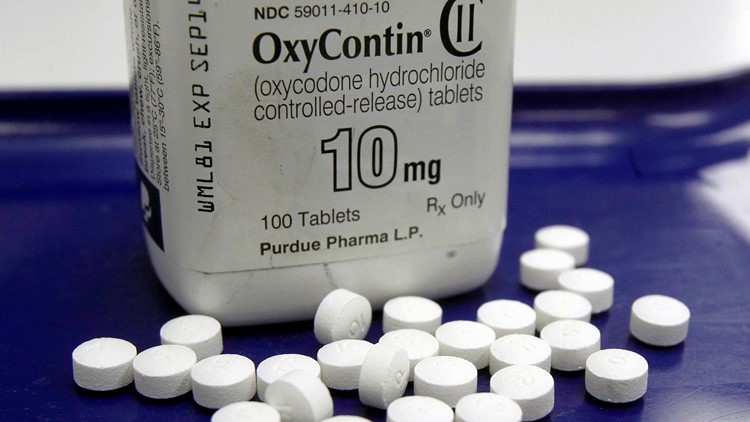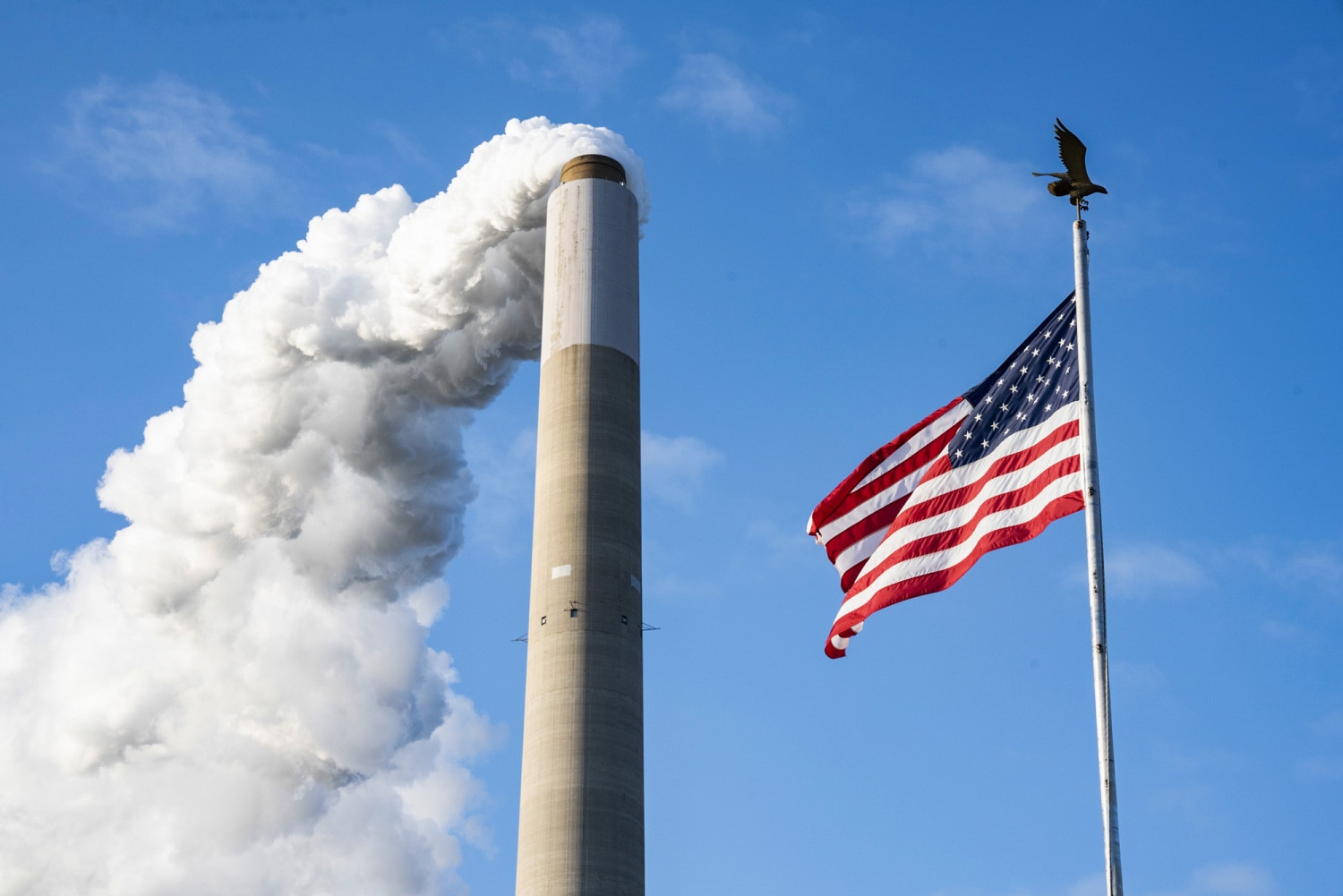Supreme Court Rejects Purdue Pharma's Opioid Settlement, Leaving Victims Uncertain
The settlement, which had been in the works for over six months, would have seen the Sackler family contribute up to $6 billion and relinquish company ownership. In return, they would have been granted legal protection from further litigation. However, the Supreme Court found that there were no legal grounds to extend bankruptcy protections to individuals who had not filed for bankruptcy themselves.
Justice Neil Gorsuch, writing for the majority, emphasized the lack of legal justification for shielding the Sackler family from liability. On the dissenting side, Justices Kavanaugh, Brown Jackson, Kagan, and Sotomayor expressed concerns about the potential negative impact on opioid victims and the implications for future mass tort cases.
The Biden administration had previously objected to the settlement, leading to its temporary suspension by the Supreme Court. The Justice Department's U.S. Bankruptcy Trustee had also argued against protecting the Sacklers from litigation.
The unresolved outcome leaves uncertainty regarding the next steps in the ongoing battle against the opioid crisis. The Purdue Pharma settlement was set to be one of the largest in opioid-related litigations, totaling over $50 billion in agreements. It would have also been the second settlement to include direct compensation to victims from a designated fund.
Supreme Court Upholds Idaho's Abortion Law, Allowing ER Doctors to Perform Abortions
The 6-3 ruling confirms that the law, which was passed in 2021, is constitutional. The law permits ER physicians to perform abortions in cases where the life or health of the pregnant individual is at risk, even if the procedure would otherwise be prohibited.
The decision is seen as a significant victory for abortion rights advocates, who had feared that the Supreme Court's conservative majority would rule against the law. The ruling also serves as a reminder that the Court's decisions can have far-reaching implications for healthcare access and individual rights.
Supreme Court Blocks Biden Administration's Air Pollution Regulations
The 6-3 decision is a setback for the administration's climate change agenda, which has aimed to reduce the country's carbon footprint and transition to cleaner energy sources. The ruling could have significant implications for the government's ability to address environmental issues through regulatory action.
The Court's decision is likely to be met with criticism from environmental advocates and supporters of the Biden administration's climate policies. However, the ruling also highlights the ongoing debate over the balance between federal regulatory power and state autonomy in addressing complex environmental challenges.
These three Supreme Court rulings demonstrate the Court's continued influence on a wide range of issues, from public health and individual rights to environmental policy. As the nation grapples with these complex and often contentious matters, the Supreme Court's decisions will continue to shape the legal and political landscape for years to come.



